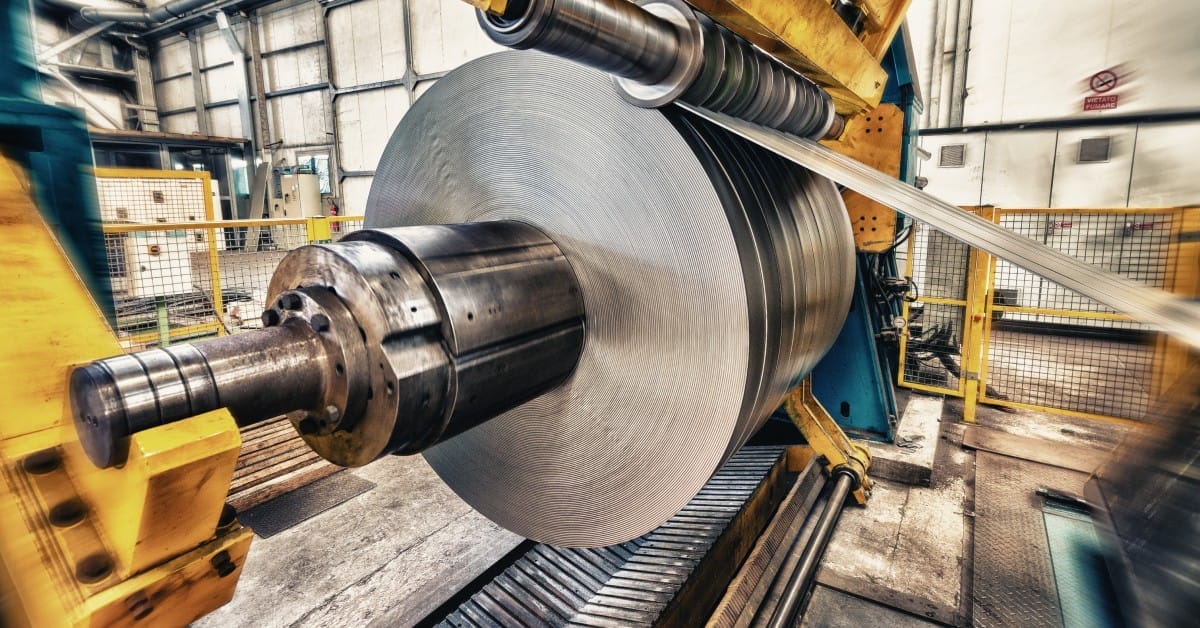If you’re in the market for custom metal fabrication, you should know what your options are. This guide will introduce you to five fundamental fabrication processes that play a crucial role in creating metal products.
Laser Cutting
Laser cutting is a precision fabrication process that uses a high-powered laser beam to cut through metal. This technique can produce complex shapes with exceptional accuracy and minimal material waste. It’s popular in various industries, from automotive to aerospace, due to its efficiency and versatility. The intricate cuts that laser cutting produces are difficult to replicate with alternative methods.
CNC Machining
CNC (computer numerical control) machining revolutionizes the way manufacturers shape metal parts. This automated process employs computer programs to control machine tools, ensuring consistent and precise results. CNC machining is fast and accurate, making it ideal for creating components with tight tolerances. Its versatility means it can handle tasks from drilling to milling, all within a single setup.
Sheet Metal Forming
Sheet metal forming, as the name suggests, shapes metal sheets into desired forms. Techniques such as bending, stretching, and deep drawing allow for the creation of complex shapes without compromising the metal’s structural integrity. Steel, aluminum, and copper are common metals that lend themselves to sheet metal forming, and each has unique benefits. For instance, aluminum’s lightweight nature makes it popular in the automotive industry for body panels.
Welding and Assembly
Welding is a foundational process in metal fabrication assembly that joins metal pieces together using heat and pressure. Various welding techniques, such as MIG, TIG, and arc welding, are available, each suited for different applications and metals. Proper assembly and welding ensure the structural integrity of custom metal works.
Finishing and Coating
The finishing and coating process determines the aesthetic and functional qualities of a metal product. Powder coating, anodizing, and plating enhance appearance and protect against corrosion and wear. Choosing the right finishing method can improve the longevity and market appeal of your custom metal products.
Whom To Trust With Your Metal Fabrication
Of course, understanding the custom metal fabrication processes that are available is only half of what you need to know for your project. Once you know what processes you want, you need to find a qualified company to fabricate your metal for you. Swisher is just that company. We specialize in custom steel fabrication and will be able to provide you with the results you desire for your business.

